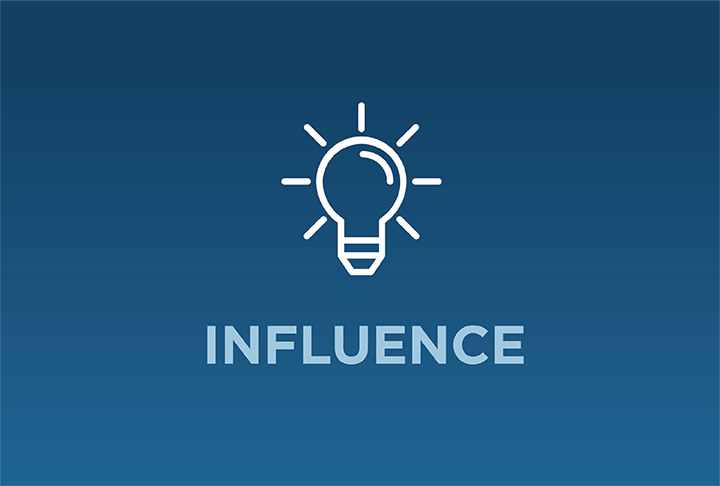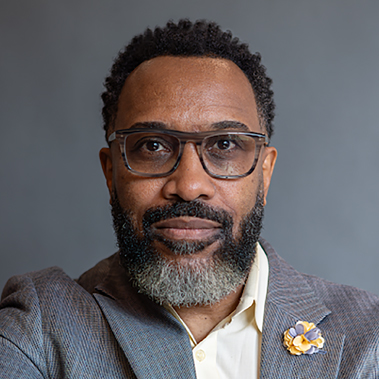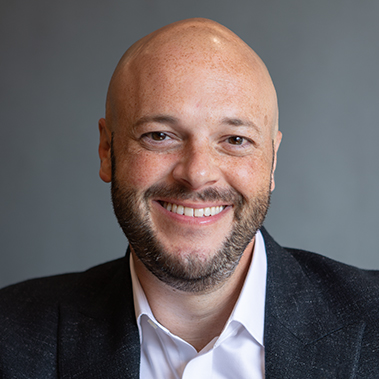
“I get asked about work-life balance all the time. And my view is, that’s a debilitating phrase because it implies there’s a strict trade-off” – Amazon CEO Jeff Bezos
So, great leaders DON’T have work life balance?
That is right, they don’t. Not only do great leaders forget about the unattainable work life balance, they insist that their staff forget about it as well. They know that it is an impossible feat for themselves, their families, their employees and their employee’s families.
Instead of work life balance, great leaders strive for work life BLENDING.
Challenge:
Chris says, “The only ‘must have’ of leadership is having followers and great leaders lead by example.” (Check out that blog post here). If a big executive is working 80+ hours a week, never making it home for dinner with her family, and is always stressed, high strung and living on cold coffee and the crust from their kids’ peanut butter and jelly sandwiches, well, the statistics show that most of the staff under that “big executive” are following suit with very similar, debilitating work and life habits.
A healthy lifestyle is contagious. Great work leaders have the power to influence others they work with to adopt a healthy lifestyle – both at work and outside of work.
Psychological Principle:
Instead of striving for this unattainable balance between work and life, personal and professional pursuits should be viewed as a “circle” instead – two very integrated parts that directly influence and affect the other. This is precisely what Bezos does with his team and academic research is favoring the same philosophy.
Balance is very different from blending. COVID-19 has dramatically changed personal and work dynamics, and we need to let go of the mental model of thinking of work-time and home-time being distinct and separate blocks. They have to be integrated and leaders have to support this change.

A recent study by Donna Haeger and Tony Lingham (Cornell and Case Western Reserve University, 2014) shows strong evidence that work and life are becoming fused – and this was before COVID. The researchers found that employees, particularly among the younger generation are increasingly expecting to use social media to coordinate their personal lives even while at work. At the same time, they point out employees are far more accessible after work hours than ever before. The blurring of lines between work and home life leads to a conclusion of work-life fusion. The most productive companies and leaders have to follow what this research is showing – allow staff to take care of themselves at work and they will end up being more productive WITH work as well.
Mindset Shift:
- Work and life are not a balancing act. Productivity and happiness are best when they are fused together. Bezos makes time for breakfast every morning with his family, doesn’t set his alarm before going to bed, schedules surprisingly few meetings, and still sets aside a few minutes every day to wash his own dishes. If he can do it, we certainly all can.
- This change in mindset from work-life balance to work-life blending begins with leadership. Staff will follow the lead.
- As a leader who has staff working from home, allow the kids to jump on a conference call and say hello! Heck, the kids might have some new, creative ideas.
- Chris says, “there’s a great divide between having followers and having prisoners.” This goes with work-life blending as well. Employees who can find a healthy outlet during the day for stress management are much less likely to feel burnout at the end of the day. A 20-minute walk during the middle of the day can do wonders for physical and mental health.
Performance Shift:
- Employees want wellness initiatives from their employer. On-site fitness, stress management, wearable devices, mental health support, and healthy food options are all excellent ways to support employee health at work. Staff working from home? Be flexible and allow them to exercise during the day! Consider a wellness team that supports staff on their wellness journey.
- Using innovative health technologies has the potential to create a substantially higher level of engagement in wellness programs from the younger generation. More tech-minded than previous generations, Millennials want digital access to their health. Fitness competitions are fun!
- It is essential that employers develop a benefits program that addresses what is most important to staff – flexibility, family, health, and sense of purpose.
The journey of work-life fusion starts with great leaders. If management can demonstrate it, staff will follow suit. Leaders have followers. Healthy leaders have healthy followers.
If you want to learn more about Work/Life Fusion, reach out to Chris!
Follow Chris on Social Media!
Co-Authored By: Betsy Moore, Industrial/Organizational Psychology Consultant & Health Coach














0 Comments